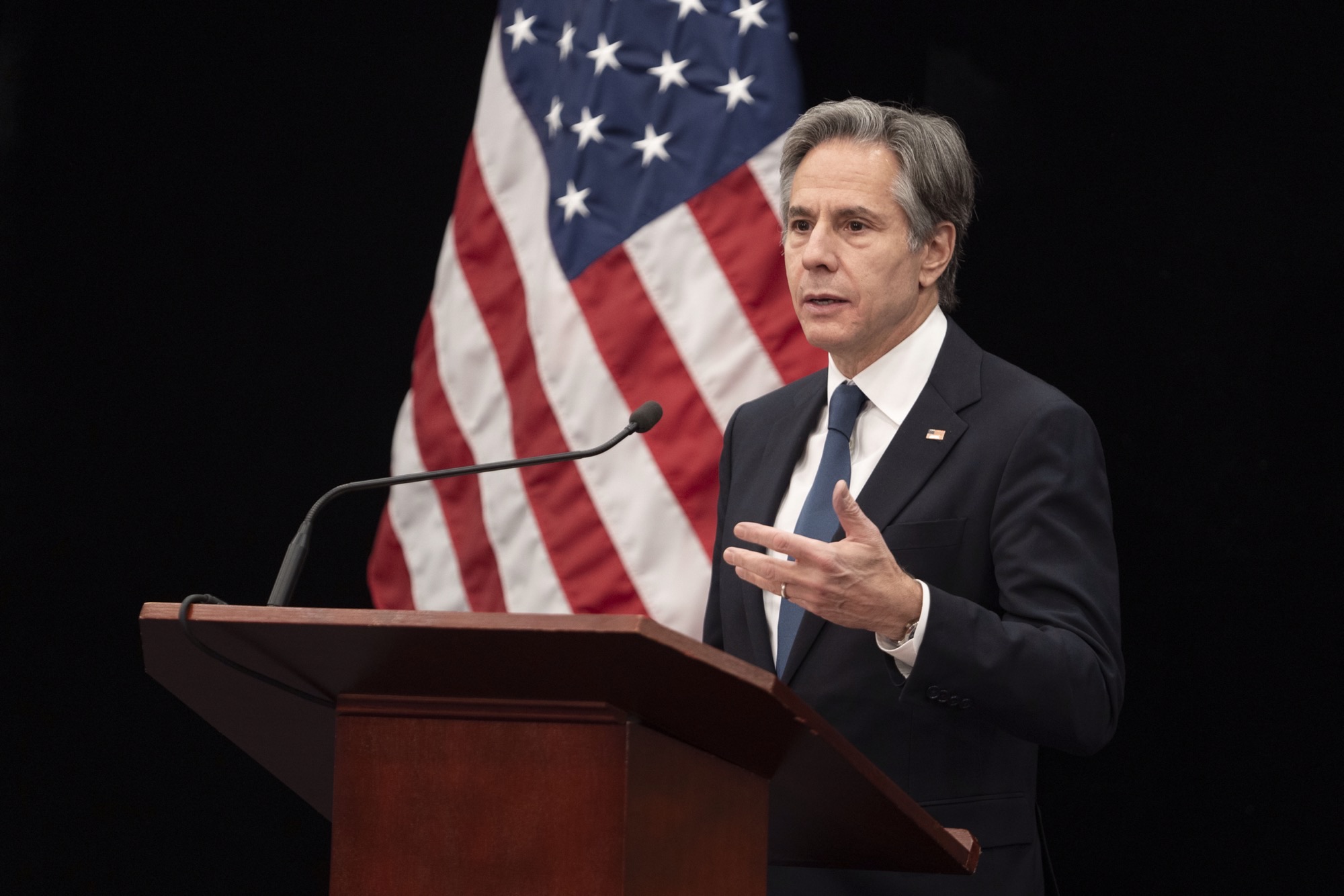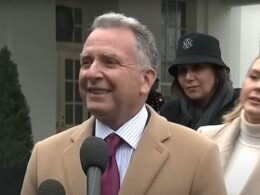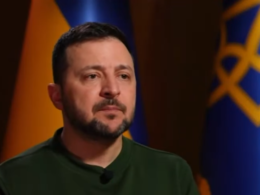Russian President Vladimir Putin’s February 21 address to the Russian Federal Assembly did not articulate specific goals or intentions for the war in Ukraine, instead reinforcing several long-standing rhetorical lines in an effort to buy Putin more space and time for a protracted war, Institute for the Study of War assesses.
"Putin could have used this event to articulate new objectives and means for achieving them, such as announcing another formal wave of partial mobilization, redefining the “special military operation” as an official war, or taking additional steps to mobilize the Russian defense industrial base (DIB) in a more concrete way. Instead, Putin said very little of actual substance, likely in order to set continued information conditions for a protracted war in Ukraine by not articulating specific temporal goals and framing the war as existential to the Russian domestic population," the report reads.
Putin's announcement of Russia’s suspension of participation in the Strategic Arms Reduction Treaty (START) captured more attention than the relatively boilerplate content of the rest of the speech, ISW adds.
Putin may have made this announcement in order to re-introduce nuclear rhetoric into the information space. ISW continues to assess that Russia will not employ a nuclear weapon in Ukraine or against NATO, however.
Many Russian milbloggers condemned Putin’s failure to use his speech to forward new war aims, outline new measures to support the war, or hold Russian authorities accountable for their many military failures.




